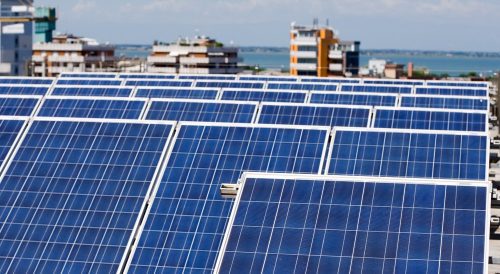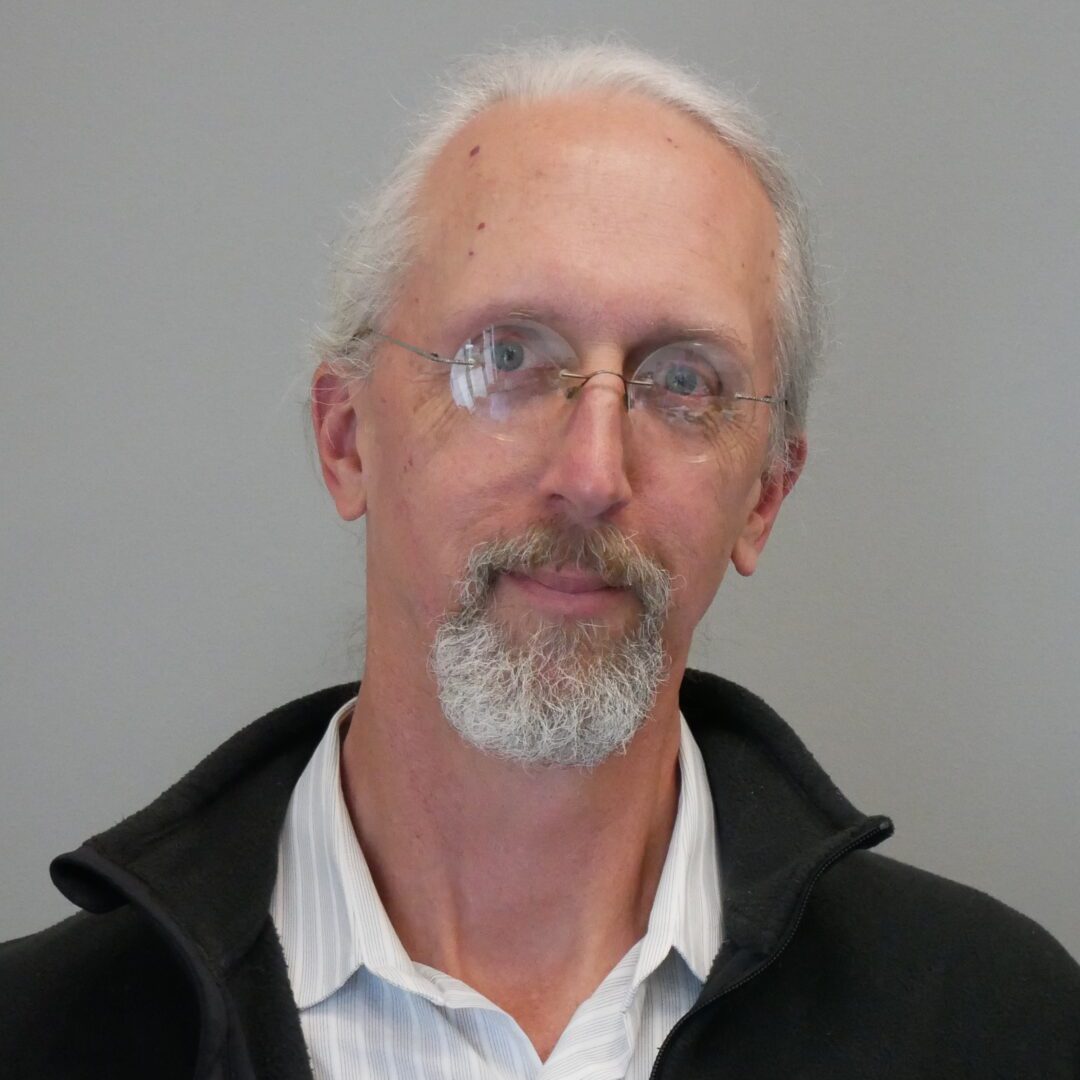
ReMAT, California’s only wholesale distributed generation renewables program, is under attack
California's major utilities have active contracts for only half of their required fair share of new renewable energy capacity.
In 2009, the California State Legislature passed Senate Bill 32 (SB 32), declaring that the state should encourage the siting of clean energy generation close to where power is consumed, and that small projects of less than 3 megawatts (MW) that are otherwise eligible renewable energy resources may face difficulties in participating in programs developed to meet state carbon reduction goals. The bill required utilities to make a standard tariff available for the purchase of renewable energy from facilities up to 3 MW in size until each one met its proportionate share of the 750 MW statewide cap.
Soon after, the California Public Utilities Commission (CPUC) implemented the Renewable Market Adjusting Tariff (ReMAT) for investor owned utilities (IOUs). Now, eight years after SB 32 was passed, and despite bringing cost-effective clean local energy online, the IOUs have active contracts for only half of their required fair share of new capacity, and the program is at risk of being discontinued. This failure undermines California’s aggressive goals for clean energy, emissions reduction, and the development of the grossly underutilizedwholesale distributed generation(wholesale DG) market segment, whichrefers to distributed generation systems that connect to the distribution grid and sell the electricity they produce to the local utility to serve local energy demand. The Clean Coalition is aggressively pursuing to save the ReMAT and protect the remaining capacity of available renewable energy.
The ReMAT program requires the three major IOUs in California to procure a total allotment of 494 MW of distributed energy as part the state cap, while the remaining megawatts would be fulfilled by publicly owned utilities. ReMAT was essentially implemented to help the IOUs reach their assigned capacity requirements from small distributed energy projects.
Unfortunately, a CPUC decision in May 2013, which eventually implemented ReMAT, contained a late addition that allows a utility to shut down its ReMAT program before satisfying its full allotment of capacity. The ReMAT program’s capacity target is divided between three product categories, but an IOU is permitted to shut down its entire ReMAT program 24 months after all of the capacity has been initially contracted for any single product category, regardless of whether those initial contracts were canceled, or whether the program was functioning for the other product categories. The full planned procurement advised under ReMAT is already accounted for in IOU Renewable Portfolio Standard procurement plans and is the foundation for maintaining a healthy market for small-scale renewable energy projects.
ReMAT is the only remaining active state-level program for the general procurement of wholesale DG resources by the IOUs, which include Pacific Gas & Electric, San Diego Gas & Electric, and Southern California Edison. Unfortunately, the program’s risk of extinction comes with over 200 MW of initial capacity left unfulfilled, despite the program’s clear potential for contributing to California’s established ratepayer, energy, and environmental goals.
The Clean Coalition, along with numerous organizations such as the Solar Energy Industries Association, the Coalition for the Efficient Use of Transmission Infrastructure, the California Wind Energy Association, and other stakeholders have filed or supported Petitions for Modification, some of which request changes that can be implemented with low effort and immediate effects.We have recently held ex parte meetings with CPUC Commissioners, urging them to address the shortcomings in the design and implementation of the ReMAT program.
The Clean Coalition has long advocated for the advancement of local renewable energy projects in order to help California meet its energy and climate goals, including sub-3 MW projects eligible for the ReMAT program. Without programs like ReMAT, it will be increasingly difficult for the state and communities to realize the benefits of more clean local energy projects. Additional updates will be provided as things unfold at the CPUC.

